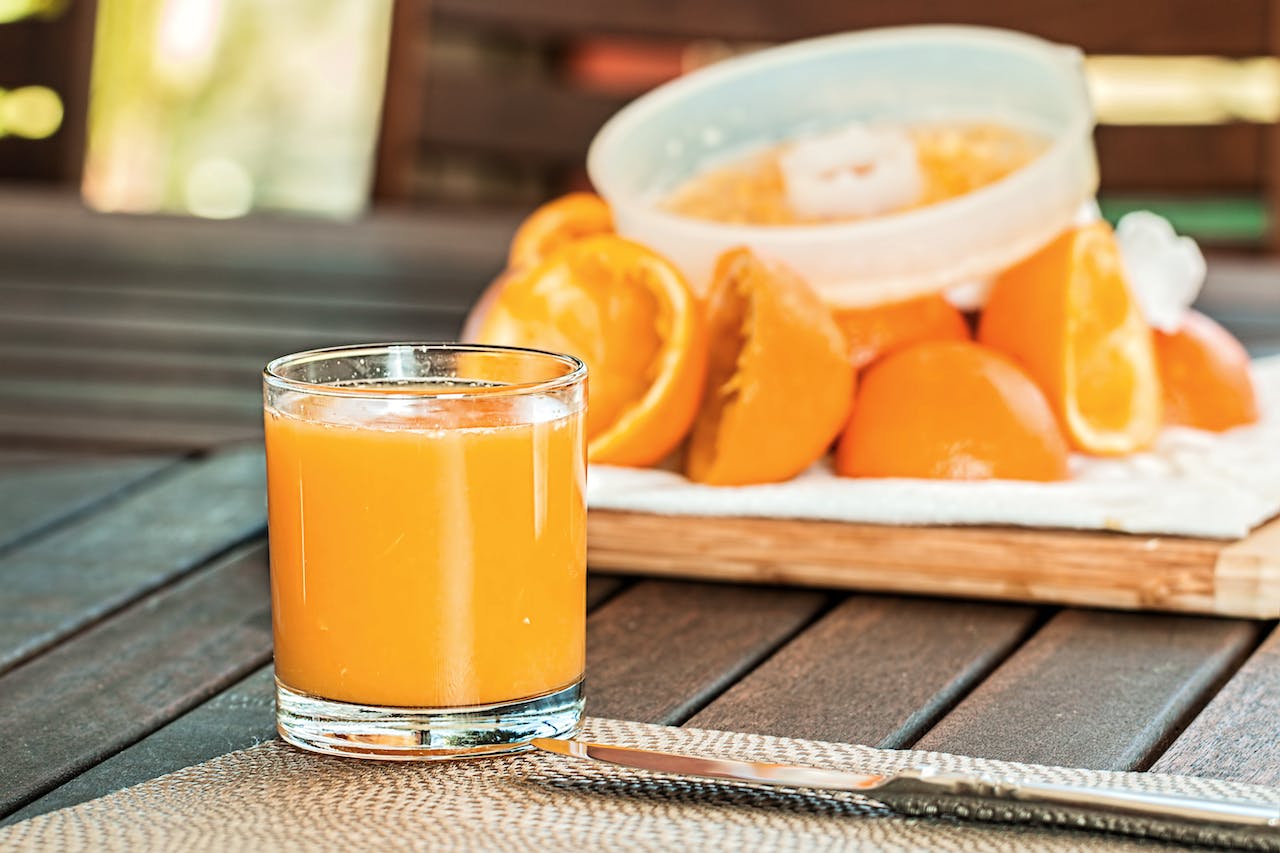Welcome to a comprehensive exploration of the intricate world of juices and their impact on individuals grappling with stage 3 kidney disease. As we embark on this enlightening journey, it's essential to understand that dietary choices play a pivotal role in managing kidney health. In this blog post, we'll delve into the nuanced landscape of juices, examining their potential benefits and risks for those navigating the challenges of stage 3 kidney disease.
Understanding Stage 3 Kidney Disease
Before we immerse ourselves in the world of juices, let's establish a foundational understanding of stage 3 kidney disease. At this stage, kidneys are moderately impaired, and patients may experience symptoms like swelling, fatigue, and changes in urine patterns. Dietary adjustments become crucial to support kidney function, making it paramount to scrutinize the nutritional content of every morsel and sip.Navigating the Juicy Maze
The Green Elixir: Celery Juice
Celery juice has garnered attention for its purported health benefits, with advocates lauding its potential to reduce inflammation and support detoxification. However, for individuals with stage 3 kidney disease, moderation is key. Celery is rich in potassium, and an excess intake could pose challenges for kidney function. It's advisable to consult with a healthcare professional to determine an individualized approach to incorporating celery juice into the diet.Berry Bliss: Cranberry Juice
Cranberry juice, known for its vibrant color and tart taste, has been associated with urinary tract health. While some studies suggest its potential in preventing urinary tract infections, individuals with kidney disease should approach it cautiously. Commercial cranberry juices may contain added sugars and preservatives, which can be detrimental. Opting for unsweetened, pure cranberry juice in moderation may offer potential benefits without compromising kidney health.The Golden Potion: Turmeric Juice
Turmeric, with its active compound curcumin, is celebrated for its anti-inflammatory properties. Turmeric juice, when consumed mindfully, may contribute to overall well-being. However, its potency warrants prudence, as excessive intake may lead to complications. Consulting a healthcare professional to determine an appropriate dosage and considering low-potassium recipes is imperative for those with stage 3 kidney disease.Crafting a Personalized Juicing Journey
In the quest for the ideal juice, customization is key. Every individual's response to different juices may vary based on their unique health profile. It's crucial to monitor kidney function regularly, adjusting dietary choices accordingly. Collaborating with a registered dietitian can provide invaluable insights, ensuring a personalized juicing journey that aligns with the specific needs of those navigating stage 3 kidney disease.Conclusion
In the intricate tapestry of managing stage 3 kidney disease, the role of juices is both nuanced and significant. While some juices may offer potential benefits, others may pose risks if consumed without careful consideration. The key lies in informed decision-making, personalized approaches, and a collaborative effort between individuals and healthcare professionals. As we navigate the juicy maze, let's embark on a journey that prioritizes kidney health, well-being, and the pursuit of a balanced and nourishing life.Are you tired of living under the shadow of kidney disease? Are you yearning for a life free from the shackles of dialysis, kidney failure, and the looming threat of kidney transplants? If so, you're in the right place at the right time. Imagine waking up every morning with boundless energy, feeling rejuvenated and ready to take on the day. Envision a life where your kidneys are functioning optimally, and you no longer dread the burdensome routines of dialysis sessions. The Kidney Disease Solution Program is here to turn that vision into reality for you.


